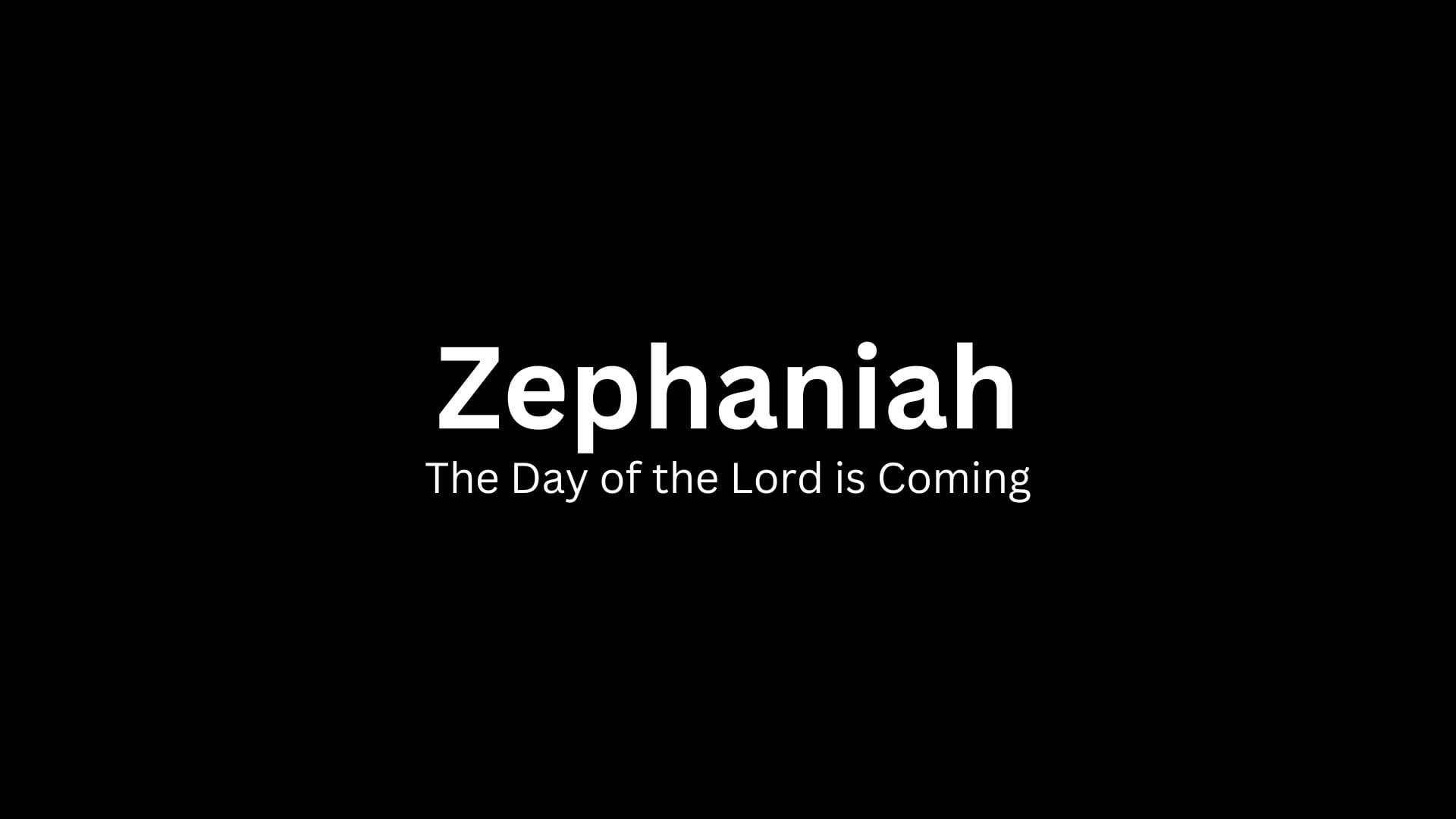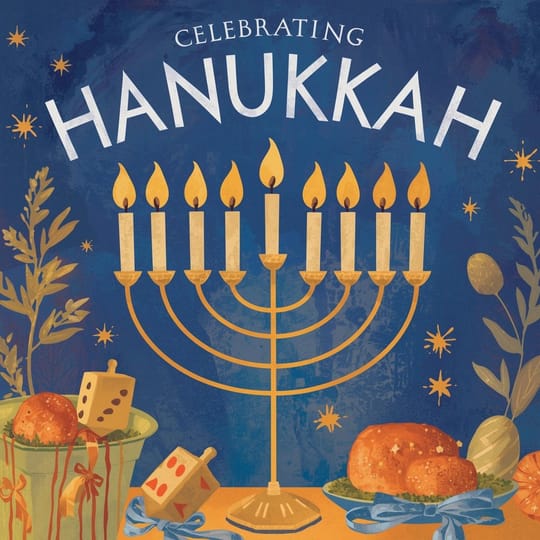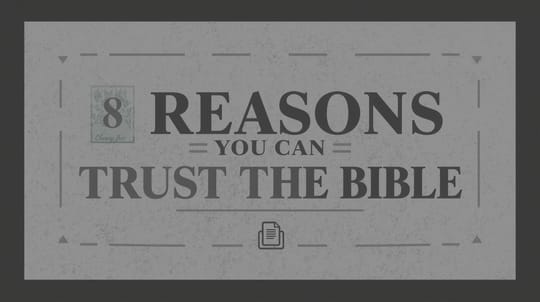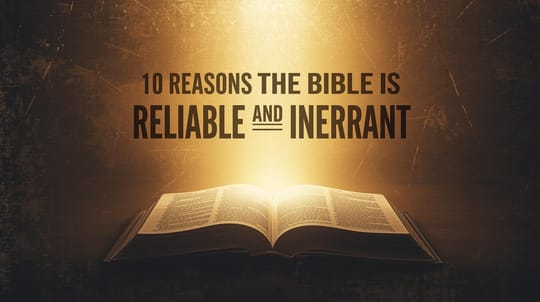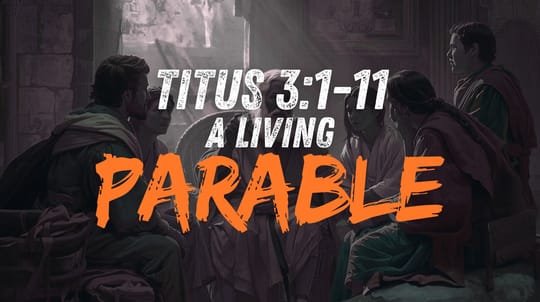Like a good detective, let's examine this book.
🔥 Overview
Zephaniah is the ninth of the Twelve Minor Prophets and consists of three chapters. It is structured in three parts: judgment on Judah and Jerusalem; judgment extending to surrounding nations; and hope and restoration for the remnant. The prophet proclaims the coming “Day of the Lord,” marked by wrath and reversal of creation’s order. Through vivid imagery, Zephaniah warns of sweeping destruction for unrepentant sin. Yet the book closes in joy—God pledges purification and rejoices over His people. Historically, Zephaniah prophesied in Judah, during King Josiah’s reign (640–609 BC), likely before reforms began. His message balances God’s universal sovereignty and judgment with the promise of restoration for those who seek Him
🔍 Things to Notice
- Clear three‑part structure: judgment on Judah, judgment on nations, hope for remnant.
- Emphasis on the "Day of the Lord" more than any other Old Testament book.
- Strong poetic imagery—the reversal of creation and triple emphasis on destruction (“I will sweep away…”).
- Presence of a faithful remnant theme amid judgment.
- Author’s lineage and royal background are specified.
- Historical context: pre‑Josiah’s reform, pointing forward to both immediate and eschatological judgment.
- Hope emerges: God celebrating over the humble faithful with joy and restoration.
🙏 Jesus in this Book
(Every book reveals the glory of God, displayed in Christ Jesus)
- Zephaniah’s proclamation of the Day of the Lord foreshadows Christ’s future return in glory and judgment
👀 Themes
- Day of the Lord: judgment and reversal of order.
- Divine judgment on sin, both locally (Judah) and universally.
- Sovereignty of God over all nations.
- The remnant: purification and survival.
- God rejoicing over His people with love and joy.
- Hope after judgment.
😀 Who?
Who wrote it? Attributed to the prophet Zephaniah son of Cushi, son of Gedaliah..., descendant of King Hezekiah, placing him in royal lineage.
🪧 Where?
Where are we? Judah, specifically Jerusalem and Judah’s religious and cultural center, in a society steeped in idolatry and moral decay, just before the reforms of King Josiah.
⏳ When?
When was it written?: Likely written in Judah, within Jerusalem or its vicinity, during the early years of Josiah’s reign (circa 635–625 BC).
🤔 What?
What is the big idea? Zephaniah warns that God’s righteous judgment is coming swiftly upon unrepentant Judah and all nations. Yet the remnant who humbly seek the Lord will be purified and restored. In the end, God rejoices over His people with compassion and renewal.
🧐 Why?
Why is this book important?
- Zephaniah underscores God’s moral governance—He holds all nations accountable.
- It uniquely emphasizes the Day of the Lord, shaping later prophetic and New Testament eschatology.
- His message bridges national reform and ultimate restoration, inviting both immediate and future fulfillment.
- The imagery of reversal—from curse back to blessing—offers hope amid despair.
- God’s jubilant celebration over His people (3:17) personalizes divine love and compassion uniquely among prophets.
📝 How?
How can I apply it?
- Take seriously the Day of the Lord—live with awareness of accountability.
- Cultivate humility and obedience to invite God’s restoration.
- Cling to God’s promise of redemption even when under judgment.
- Rejoice in God’s love—He celebrates you, not just corrects you.
- Be part of the faithful remnant—pray for revival in your community.
